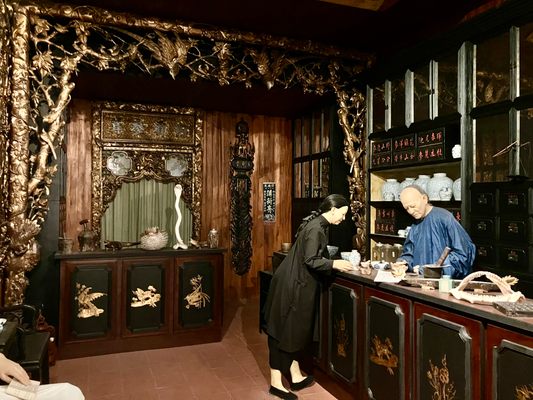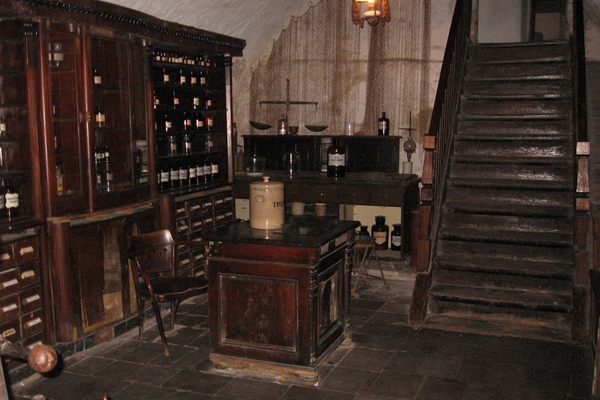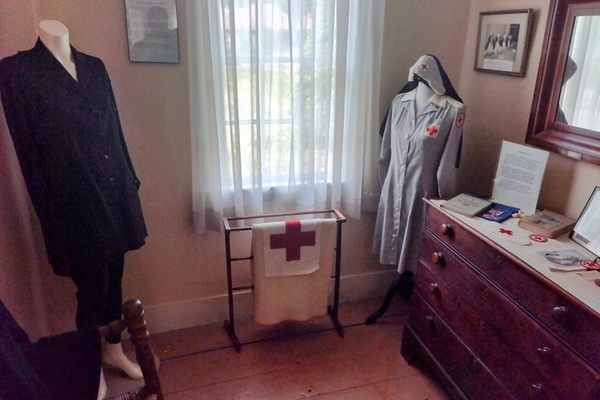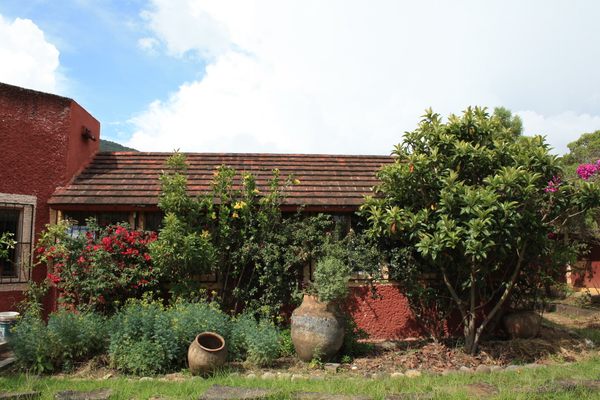About
Museu da Farmácia opened its doors in 1996 in Lisbon with the mission of preserving the tradition of the pharmaceutical profession in Portugal. The collection eventually grew in scope to embrace different pharmaceutical traditions from across the globe.
Most of the items showcasing the pharmaceutical tradition in Portugal were donated by individual pharmacies through the Direção da Associação Nacional das Farmácias, the body that regulates pharmacies in Portugal. The larger items on display are entire apothecaries from the 18th to the early 20th centuries. These installations include a wide array of instruments utilized in the profession, such as scales, weights, mortars, pestles, and containers of all sizes and shapes. Arguably, the most interesting items from the old Portuguese apothecaries include stuffed crocodiles, cobras, and pufferfish, jars of pickled seahorses, and vials filled with colorful liquid and fibrous substances.
The upper floor of the museum is dedicated to international pharmaceutical traditions, with items from Europe, Mesopotamia, Latin America, and the Far East. On display are healing statuettes, decorated leather condoms, ominous chastity belts, and illustrated textbooks. The interwoven nature of culture and medicine speaks volumes in this section.
However, not all the artifacts on display are from the distant past. More recent items include the portable pharmacy that was used on the Russian Mir Orbital Station, and the one that was taken on the Space Shuttle Endeavour on its final launch in 2000.
Related Tags
Portugal: A Culinary Adventure from Porto to Lisbon
Explore Portugal through food, from the cities to the seaside.
Book NowPublished
February 17, 2022
































































